Nick Politis’s ultimatum to players: Get caught with cocaine and you’re sacked
Roosters chair Nick Politis has vowed to kick out any player in his club caught using cocaine, regardless of the NRL’s two-strike policy.
NSW
Don't miss out on the headlines from NSW. Followed categories will be added to My News.
One of rugby league’s most powerful administrators Nick Politis has vowed that if any of his players are caught using cocaine they will be kicked out of his club, regardless of the NRL’s two-strike policy, in a major stand against illicit drugs ahead of the 2025 season.
Mr Politis, the billionaire Sydney Roosters chairman, said he and coach Trent Robinson were in agreement about having a “zero tolerance” stance on players caught using cocaine, following several incidents in recent months involving some of the game’s most high-profile players.
“My view is if somebody’s caught doing cocaine or leaning over snorting something, we’re going to get rid of them,” Mr Politis told The Sunday Telegraph.
“Our stance is zero tolerance.
“We are very strong on it. Trent (Robinson) is very strong on it.”
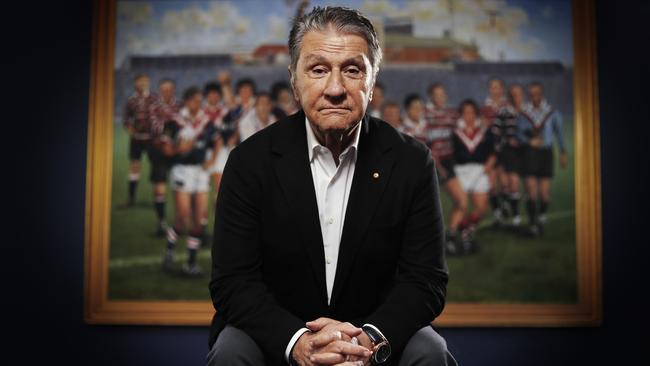
His comments came as part of a special investigation by The Sunday Telegraph which has lifted the lid on how some of the game’s biggest figures — from coaches and players, to CEOs and player managers — view the issue of cocaine in the NRL and what is the best policy to deal with players who use it.
The NRL’s illicit substance policy — which is currently under review — allows players to receive a strike the first time they are caught with drugs like cocaine, while their club’s CEO and doctor are informed with the aim being to counsel and rehabilitate the player.
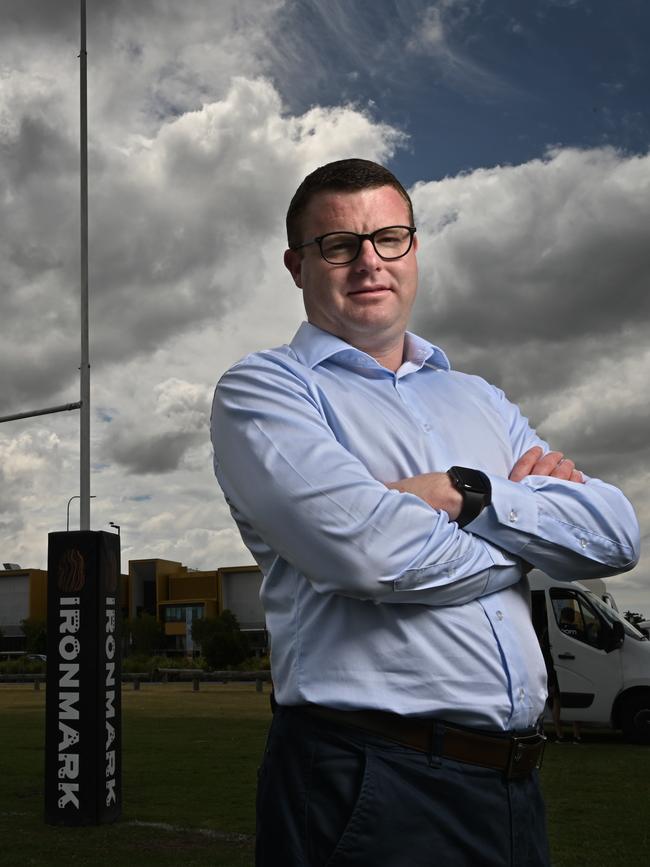
A second strike gives the club the ability to suspend the player for 12 weeks or sack them.
Despite the Roosters hierarchy’s plans to have an in-house “zero tolerance” others, such as South Sydney CEO Blake Solly, said the NRL’s current illicit substances policy was working “very well”.
“It strikes the right balance between giving the player an opportunity where there’s one failed test to undertake counselling and wellbeing program, and ensuring there isn’t a second strike,” Mr Solly said.
“And where there is a second strike, it is for the club to take further action. I think the policy is very sound.”
One current senior coach, who wished to remain anonymous, admitted they were “frustrated” about players taking cocaine.
“The players don’t understand what kind of opportunity they have ... I wouldn’t be against a zero tolerance (policy),” the coach said.
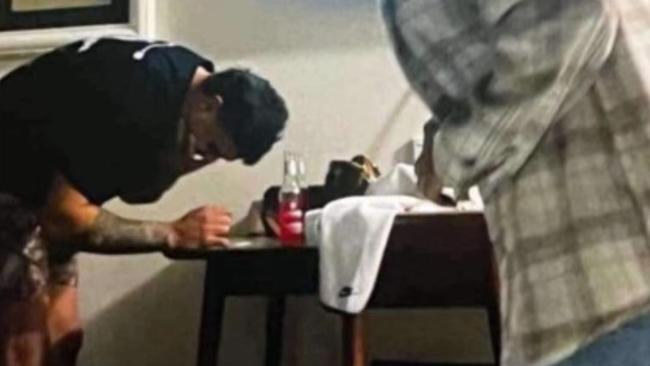
on social media of him with an unknown substance last year. There is no suggestion that the white powder is an illicit substance.
Last year some of the game’s biggest names, such as Ezra Mam and Josh Addo-Carr — who was sacked by the Bulldogs after testing positive at a NSW Police roadside drug test last year, despite maintaining he had not taken illicit drugs — have been caught with cocaine in their system.
Other top players such as Latrell Mitchell, Cameron Munster, Brandon Smith and Valentine Holmes have been sanctioned over “white powder” scandals, after videos or photos surfaced of them in the presence of substances that could not be subject to drug testing.
Mr Politis said under the strong stance the Roosters will take, he considers bringing the club into disrepute with a “white powder” scandal was enough of a reason to sack a player.
“That’s enough to do damage to a club,” Mr Politis said.
“We haven’t had to do that yet (move a player on) but we want to send a message to kids, and to mums and dads, that our club has that sort of stance towards this sort of thing.”
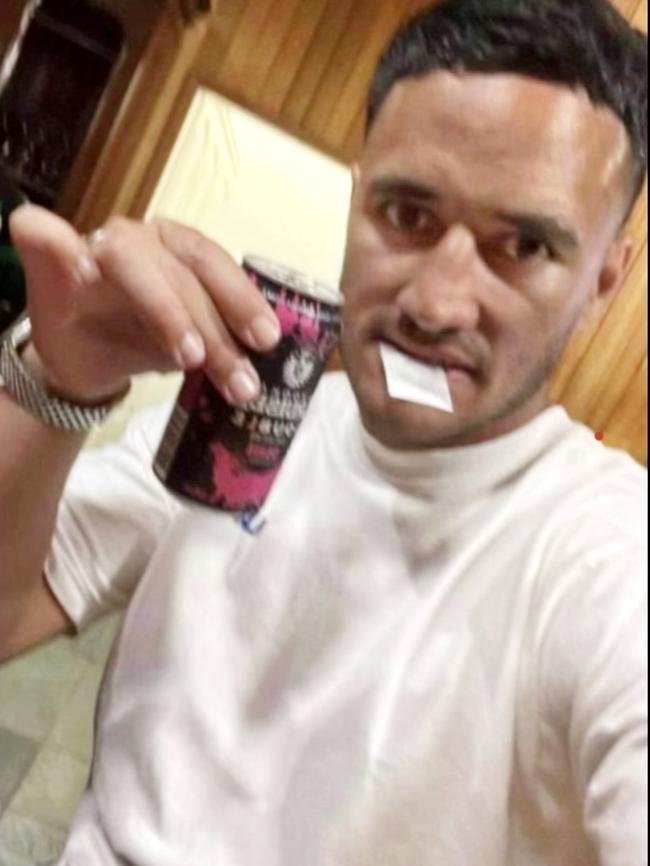
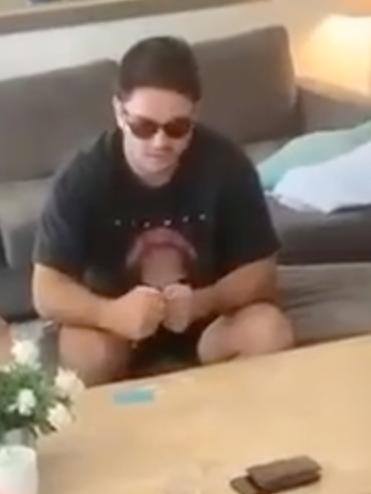
Another first grade coach told The Telegraph they regularly talked about drugs, alcohol and behavioural issues with their playing group, and said he did not know what else clubs could do to stop the issue.
“I hate drugs, I can’t stand it and I’ve got no problem telling people I don’t like drugs,” he said.
“(I talk about it) all the time (to players). It’s their choice, I go: ‘Well if you want to run the gauntlet, you’re a man’.
“We do a lot of education, you know, there’s heaps of education, but what more can you do... what else does everyone want a sporting organisation to do?
“Is it in every team? I would not be surprised, because cocaine is everywhere in society.”
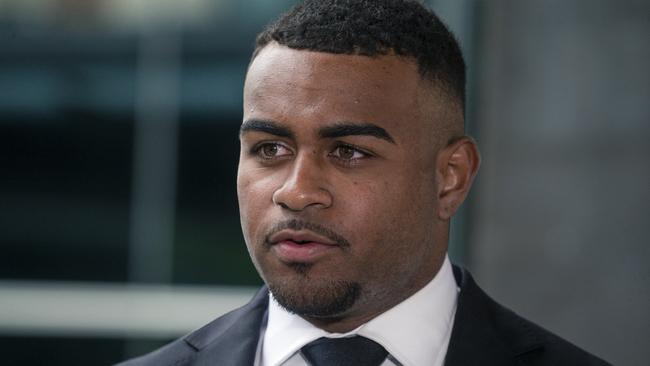
Many of those spoken to across the NRL believe the organisation handles the issue well and that despite players making headlines when caught, it is actually far less of an issue among footballers than in general society.
Former player and current Manly CEO Tony Mestrov said he was “proud” to be able to say there was no drug culture at the Sea Eagles.
“This club has worked extremely hard over the last two years to make sure that our culture is absolutely spot-on, and I can categorically say that there is no culture at this club in relation to drugs,” he said.
“I’m pretty proud of that, I’ve worked hard with (head coach) Anthony Seibold and I think those rewards will pay off on the field pretty soon.”
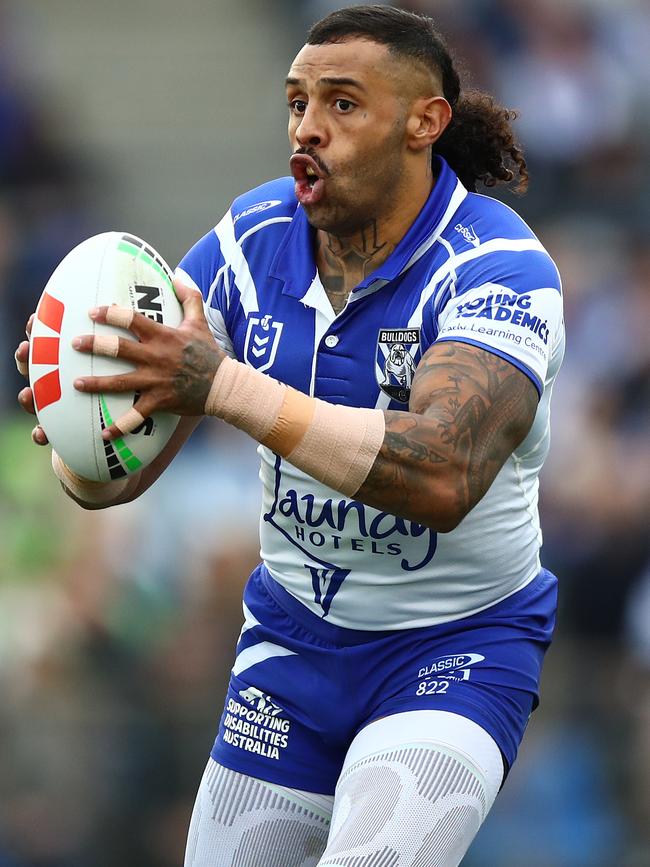
Ex-players said they were aware of teammates using cocaine, but said they believed drug use had decreased as the sport has become more professional.
“I don’t think it’s as rampant as we think, it’s just that it sells papers,” one ex-player said, while another said: “People are doing it every weekend in public, I definitely think it’s less of an issue in rugby league than in society.
“I can honestly say I never touched anything when I was playing, but there were people who I know did it that I played with.”
One powerful player manager said they believed one of the reasons players took cocaine was because it had less of an impact on their fitness.
“Players take it instead of drinking 12 schooners because it doesn’t make them fat and impact their skin folds,” he said.
“I’d have a zero-tolerance policy and I’d say, ‘if you want to take drugs, don’t be a professional athlete’.”
Rugby League Players Association chief Clint Newton said the reason the players’ union pushed for a review of the NRL’s drug policy for the first time in a decade was to ensure it was the “best practice” model.
“It’s there to protect the players for their own health and safety, in a sport where it’s dangerous to play and train under the influence of hazardous illicit substances,” he said.
“The extremely low rate of the players receiving a second strike in this decade shows the current policy is working well.”
Do you have a story for The Daily Telegraph? Message 0481 056 618 or email tips@dailytelegraph.com.au



